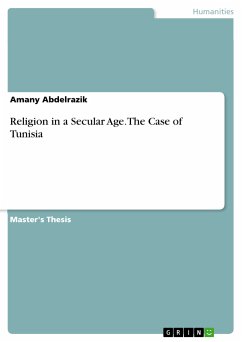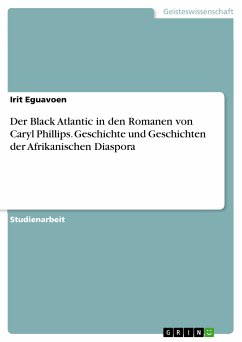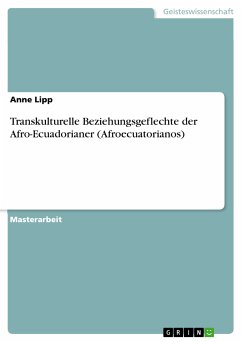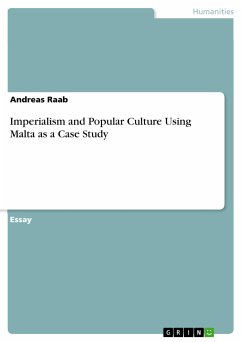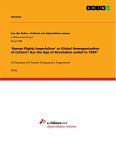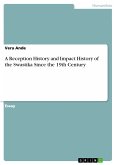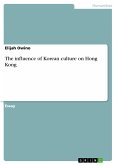Master's Thesis from the year 2015 in the subject Cultural Studies - North African Studies, grade: 1,7, University of Potsdam (Institute for Amerkanstik und Anglistik), course: Anglophne Modernities in Literature and Culture, language: English, abstract: The debates over the relationship between a Western secular modernity associated with specific historical practices and secular modernity as a universal category have never lost their momentum as a controversial topic in the discourse of modernization and the nature of both the modern society and individual. While according to the prevailing discourse in the West a universal secularism is based on a universal reason valid to all cultures, other Western as well as non-Western thinkers and sociologists, in particular postcolonial scholars, refute the possibility of a singular secular paradigm valid for all times. They argue that such a universal paradigm with its Western ideals negates non-Western histories and philosophies and thus is a hegemonic model of modernity. This paper is a critique of the unveiled secular modern / veiled religious traditional divide in the modernist discourse in light of current debates of both postmodernists and neo-secularists. Following the secularization process in postcolonial Tunisia as part of the state´s modernization movement, this paper sheds light on the suppression of the non-Western religious actor under the narrative of a universal rational modernity in the modern age.
Bitte wählen Sie Ihr Anliegen aus.
Rechnungen
Retourenschein anfordern
Bestellstatus
Storno

